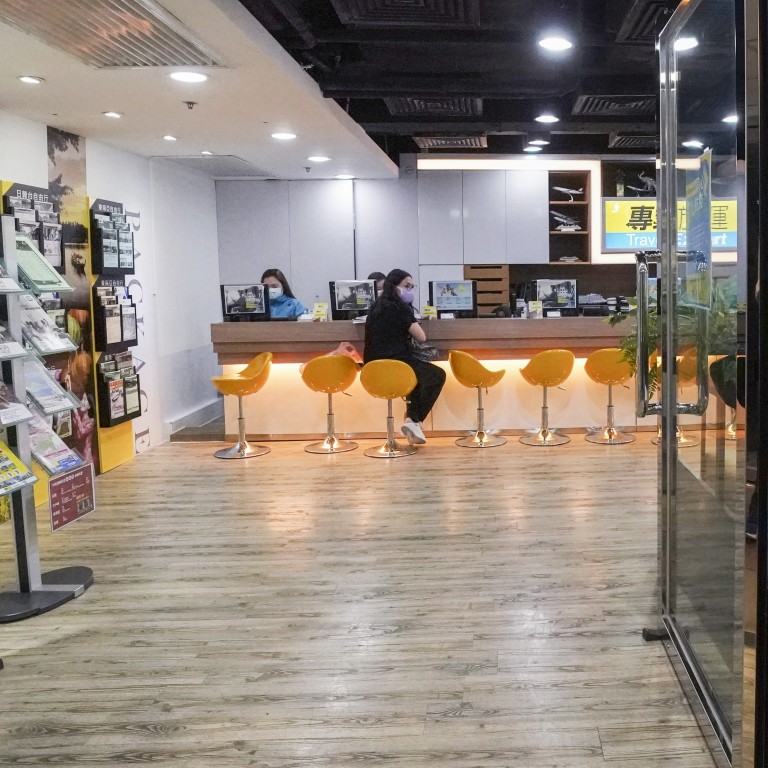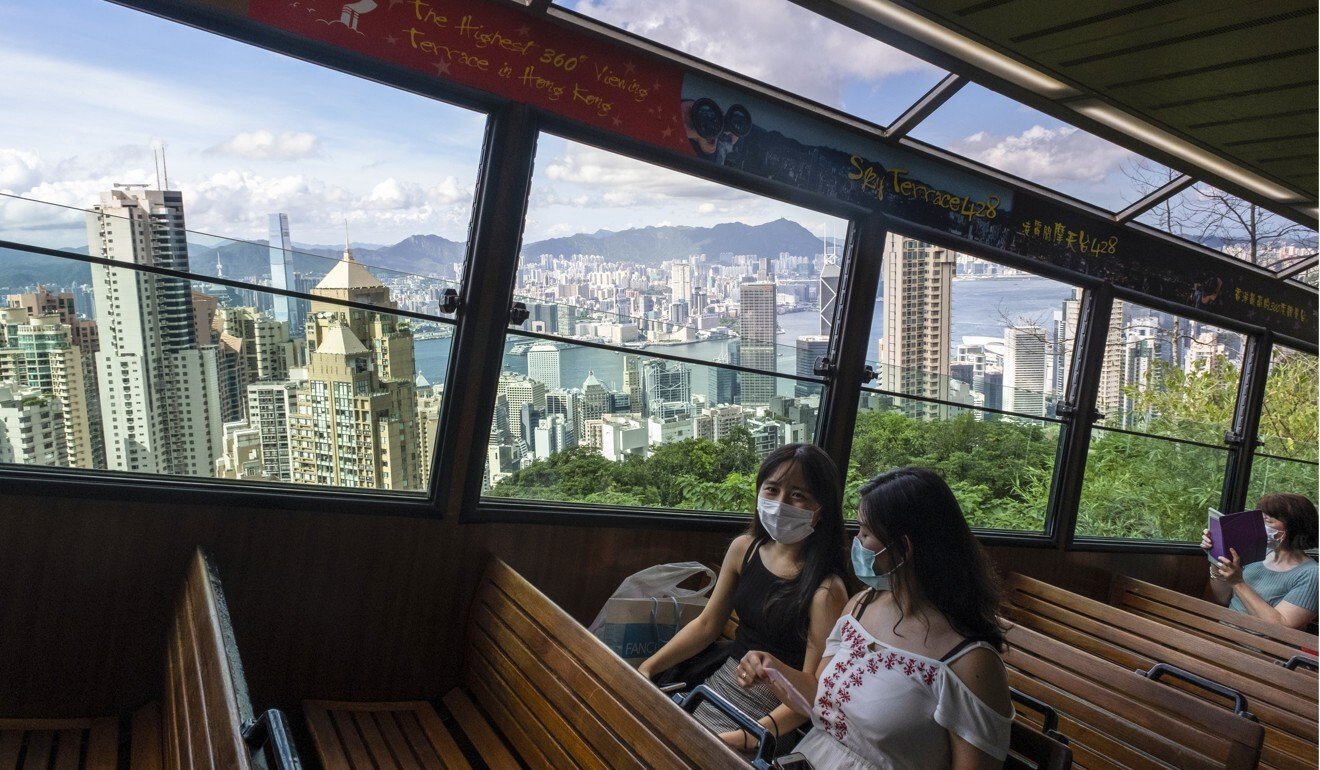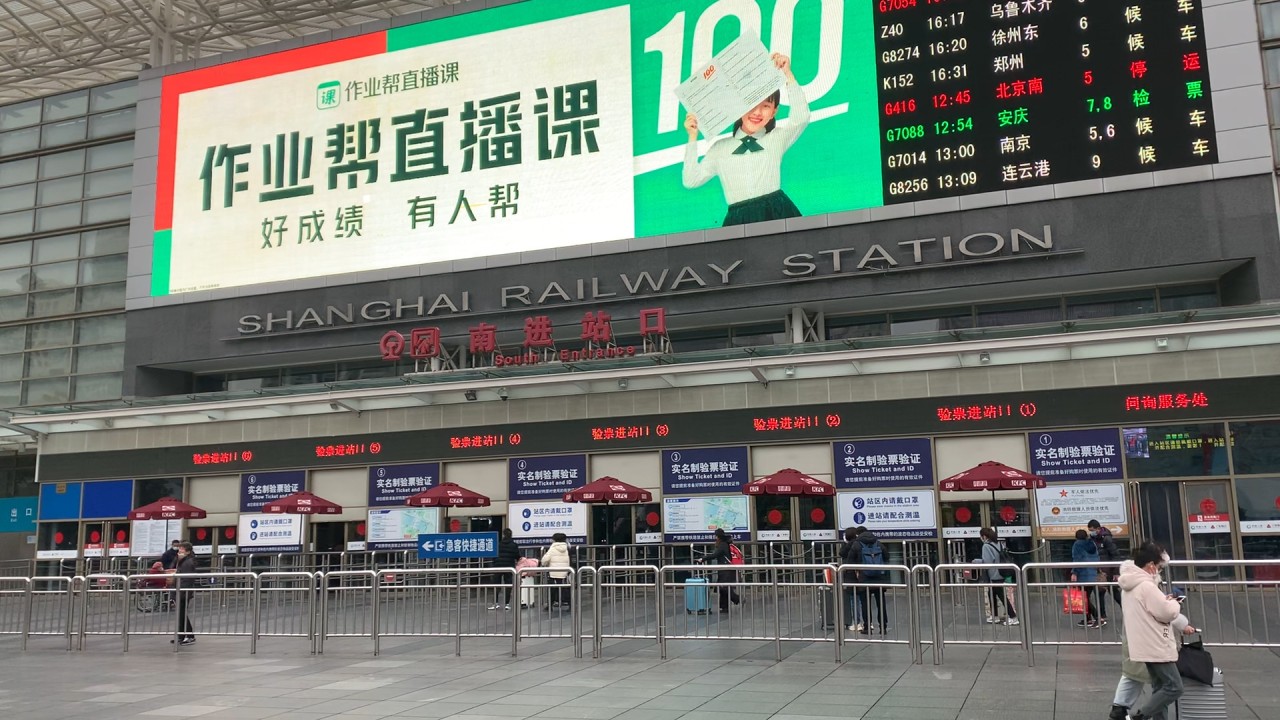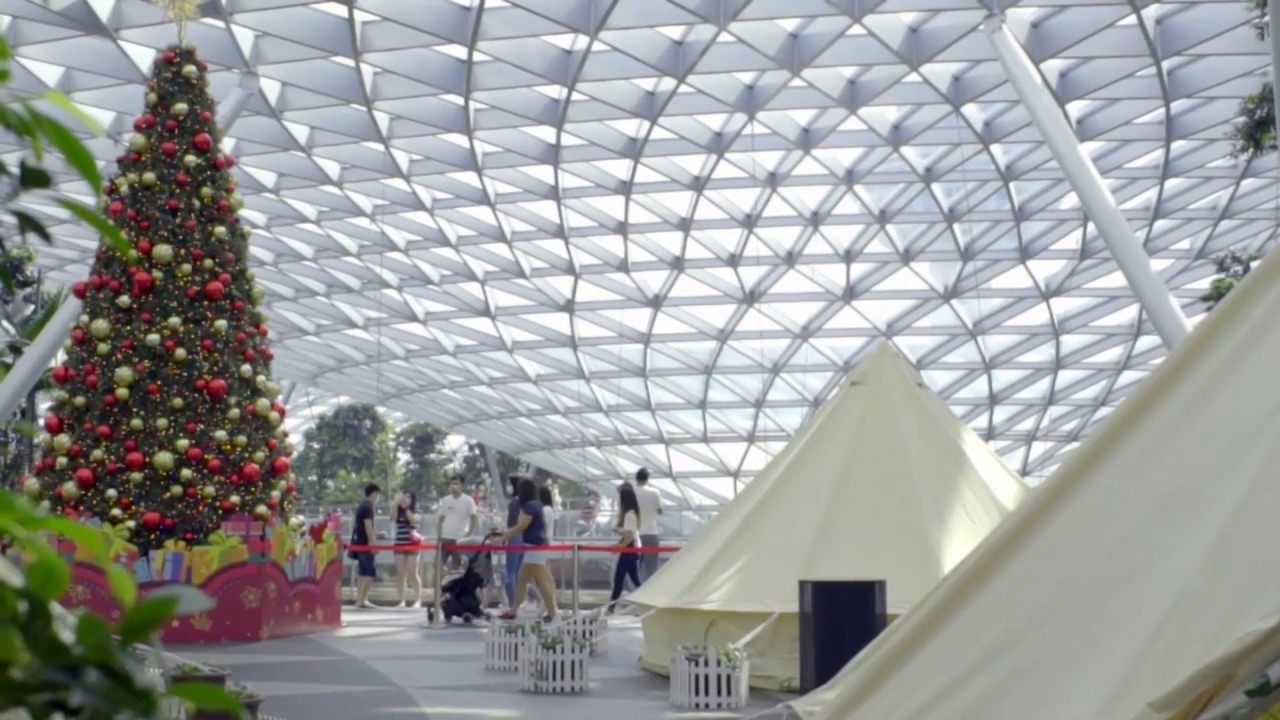
Hong Kong, Singapore travel agencies adopt asset-light model, tie up with logistics providers to survive pandemic
- Agencies are adapting different strategies to ensure they can keep doing the same amount of work with fewer resources while waiting for business to pick up
- Travel intermediaries saw a 46 per cent fall in global sales in 2020 compared to an annual growth rate of 5 per cent in the prior five-year period: Euromonitor
The Covid-19 pandemic has forced travel agencies in Asia to revamp their business models with many pivoting to asset-light models and maintaining a more flexible workforce. Others are seeking new opportunities by partnering with thriving sectors such as logistics providers to tide through the crisis.
“Traditional tour operators that rely on offline sales and physical presence are now thinking of moving online,” said Yasmeen. Online travel agencies and holiday-booking platforms that were previously investing heavily in search engine optimisation and advertisements are also seeking to reduce costs and overheads, she added.

In Hong Kong, tourist arrivals plunged nearly 94 per cent year on year in 2020 to just 3.57 million, a 36-year low, according to data from the Hong Kong Tourism Board.
Agencies are thinking how to be operationally lean, to ensure that they can continue doing the same amount of work with fewer resources while waiting for business to pick up, said Steven Ler, president of the National Association of Travel Agents Singapore, or Natas.
“The pandemic meant that people cannot operate from the office, making agencies rethink their cost structures and consider resource scalability,” said Ler, noting that manpower and rent were the main operating costs for travel agencies.

02:45
Coronavirus pandemic puts the brakes on China’s usual Lunar New Year travel rush
More travel agencies in the city are using technology to provide the same services with less manpower, such as tapping onto Zoom meetings or customer relationship management software, said Ronald Wu, chairman of the Hong Kong Association of Travel Agents.
Industry observers also suggest that travel firms should collaborate by consolidating back-end processes to remain asset-light at least until the industry bounces back from the crisis.
“All agencies issue tickets and the functions are technically the same,” said Ler of Natas in Singapore. “Is there then an opportunity to consolidate these operational processes into a central kitchen or to outsource to third party for efficiency?”
While Ler acknowledged that collaboration would not be easy as it would require a change in mindset, Euromonitor’s Yasmeen said there may be room for improvements. Travel agencies operating in different regions within the same country could collaborate to minimise administration costs, she added.

02:02
Coronavirus: Singapore Jewel Changi Airport provides ‘glamping’ to satisfy travel cravings
In the early stages of the pandemic, some agencies pivoted quickly and partnered with distribution companies, redeploying manpower and vehicles for courier services. To tide through the crisis, travel agencies have also sought partnerships with other sectors that are thriving.
“A lot of travel agencies are working with e-commerce partners to source for souvenirs for their customers – Japanese fruits, Taiwanese snacks or salted egg yolk chips from Singapore – to expand their business and for customer retention,” said Wu.
“Hopefully this should create a win-win situation for both travel companies and the consumer [when business returns to normal].”

